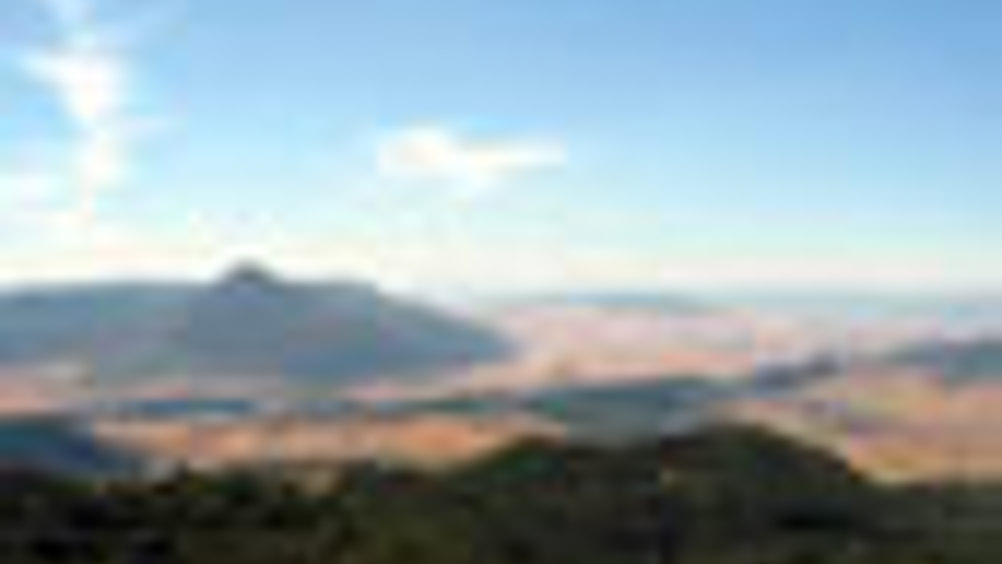Rainfall research

Crop growth, drinking water and recreational watersports could all be adversely affected if predicted changes in rainfall patterns over the coming years prove true.
Scientists from Biotechnology and Biological Sciences Research Council (BBSRC)-funded North Wyke Research have found for the first time that the rate at which a dried soil is rewetted impacts on the amount of phosphorus lost from the soil into surface water and subsequently into the surrounding environment.
Dr Martin Blackwell, who is one of the project leaders, said: 'Our preliminary results show that despite best efforts, the changing climate may limit our ability to mitigate phosphorus losses at certain times of the year, especially summer.
'This is really worrying because high phosphorus concentrations in surface waters can lead to harmful algal blooms, which can be toxic, cause lack of oxygen during their decay and disrupt food webs. This can also affect the quality of water for drinking and result in the closure of recreational watersport facilities.'
Register now to continue reading
Thanks for visiting The Engineer. You’ve now reached your monthly limit of news stories. Register for free to unlock unlimited access to all of our news coverage, as well as premium content including opinion, in-depth features and special reports.
Benefits of registering
-
In-depth insights and coverage of key emerging trends
-
Unrestricted access to special reports throughout the year
-
Daily technology news delivered straight to your inbox










Water Sector Talent Exodus Could Cripple The Sector
Maybe if things are essential for the running of a country and we want to pay a fair price we should be running these utilities on a not for profit...